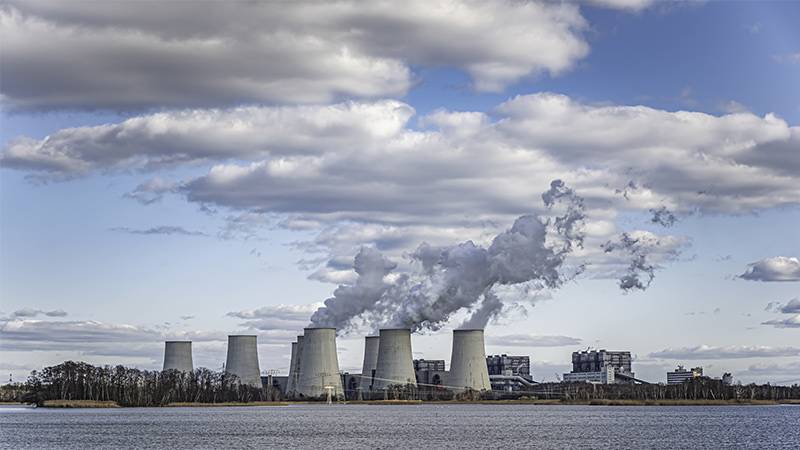Germany, Europe’s largest economy, achieved a significant environmental milestone in 2023 by recording its lowest emissions in 70 years. According to a study by Agora Energiewende, a prominent think tank, Germany’s greenhouse gas emissions were reduced to 673 million tonnes, a decrease of 73 million tonnes from the previous year. This decline was largely due to a significant reduction in coal power generation, contributing to a 46 million tonne decrease in CO2 emissions.
The shift away from coal is part of Germany’s broader strategy to transition to renewable energy sources. In 2023, for the first time, over half of Germany’s electricity was generated from renewables, while coal’s contribution dropped to 26%, down from 34%. This transition was initially accelerated by the energy crisis following Russia’s invasion of Ukraine and the subsequent cut-off of gas supplies, prompting Germany to temporarily increase coal usage. However, the country has since made substantial strides in reducing its reliance on fossil fuels.
The drop was “largely attributable to a strong decrease in coal power generation”, Agora said, accounting for a reduction of 46m tonnes in CO2 emissions.
Emissions from industry fell significantly, largely due to a decline in production by energy-intensive companies.
Despite the progress, Agora Energiewende warns that most of the emissions cuts in 2023 are not sustainable from an industrial or climate policy perspective. Simon Müller, the director of Agora, highlighted that the reduction was partly due to a crisis-related slump in production that weakened the German economy. If emissions are simply relocated abroad, this does not contribute to global climate goals.
Moreover, only 15% of the reduction in 2023 represents permanent emissions savings. To achieve its climate targets, Germany requires significant investments to modernize its industry and reduce the carbon footprint of its heating sector, according to The Guardian. Müller emphasized the necessity of this approach to meet the ambitious goal of generating 80% of electricity from wind and solar by 2030.
More inspiring green news similar to this:


